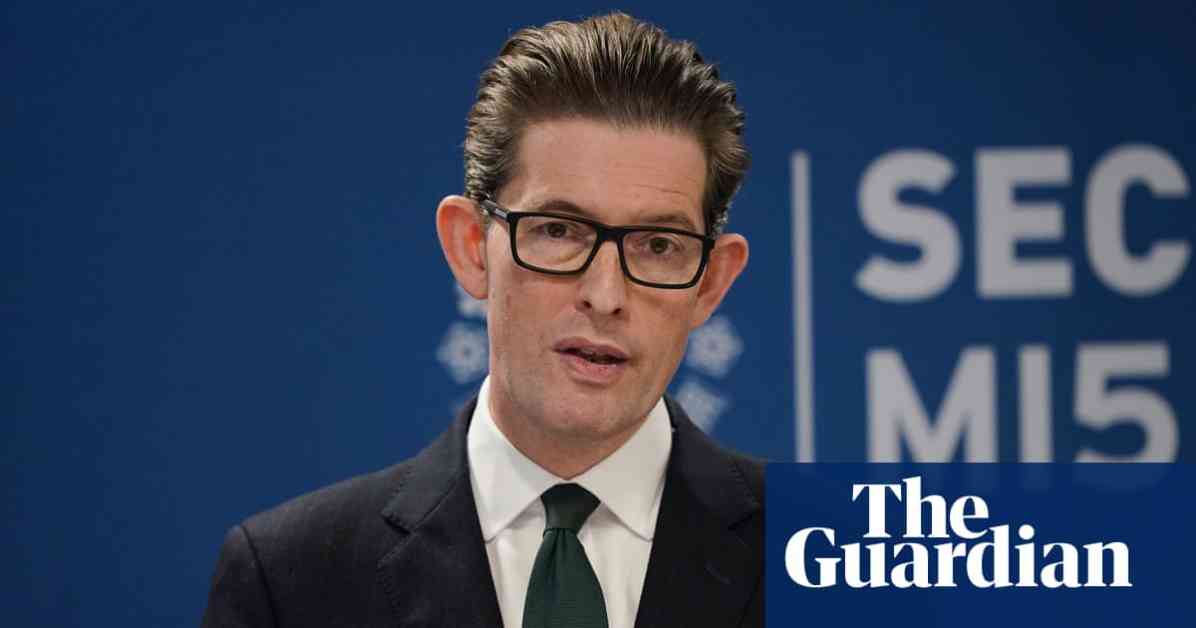MI5 Chief Warns of Growing Threat from Rogue States
In a recent interview, Ken McCallum, the director general of MI5, the UK’s domestic security agency, revealed that the organization has been forced to reduce its focus on counter-terrorism efforts due to the escalating threat posed by hostile nations such as Russia and Iran. McCallum emphasized the need to allocate resources strategically in the face of evolving challenges, stating that MI5 has had to make “uncomfortable choices” to address the shifting landscape of national security threats.
Shift in Focus to Nation-State Aggression
McCallum highlighted the resurgence of aggression from sophisticated nation-states, marking a significant departure from the previous decades of relative stability. He underscored the necessity of adapting MI5’s operational priorities to confront the emerging threats posed by countries like Russia and Iran, alongside ongoing concerns related to terrorism. This shift in focus reflects a broader realignment of security strategies to address the changing geopolitical landscape and the evolving tactics of hostile actors.
Challenges and Prioritization in National Security
The MI5 chief emphasized the need to strike a balance between addressing immediate threats and preparing for future challenges, including investing in new technologies and skillsets to enhance the agency’s capabilities. McCallum’s remarks underscored the complexity of modern national security threats, which demand a multifaceted response that encompasses both traditional counter-terrorism measures and proactive strategies to counter state-sponsored aggression.
Implications for UK Security and Counter-Terrorism Efforts
McCallum’s warnings about the growing threat posed by rogue states and the increasing sophistication of their operations have significant implications for UK security. As MI5 grapples with the need to reorient its resources and priorities, the agency faces a delicate balancing act in addressing diverse threats while maintaining readiness for future contingencies. The rise in state threat investigations and the prevalence of youth involvement in extremist ideologies underscore the multifaceted nature of the challenges confronting MI5 and the broader national security apparatus.
As we navigate an increasingly complex and interconnected global landscape, the revelations from the MI5 chief serve as a stark reminder of the evolving nature of security threats facing the UK. From the resurgence of nation-state aggression to the persistent challenge of terrorism, the need for strategic foresight and adaptive responses has never been more critical. The delicate dance of resource allocation and prioritization in the realm of national security highlights the intricate balance that security agencies must strike to safeguard the interests of the nation and its citizens. In an era defined by uncertainty and rapid change, the ability to anticipate and counter emerging threats will be paramount in shaping the future of UK security and resilience.












